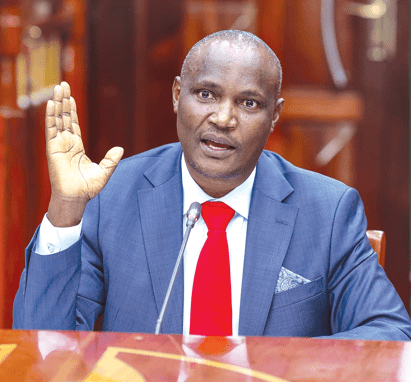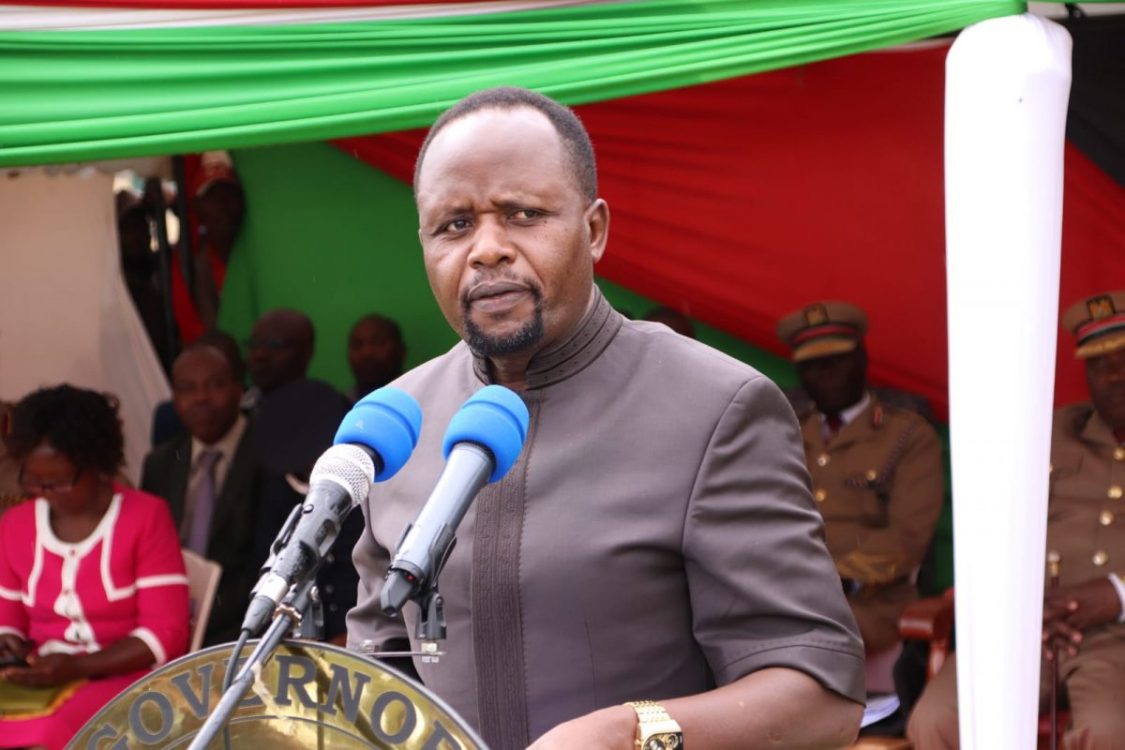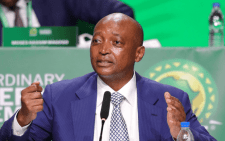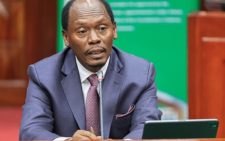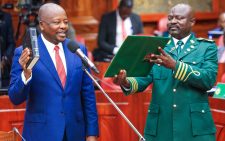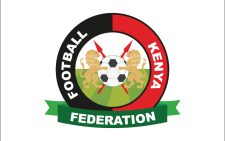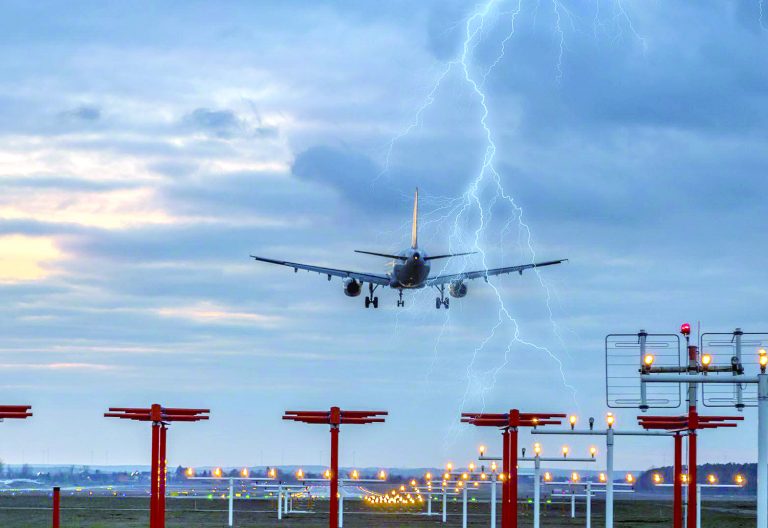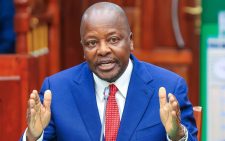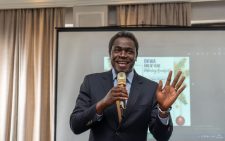Primary schools budget slashed by Sh2.1 billion
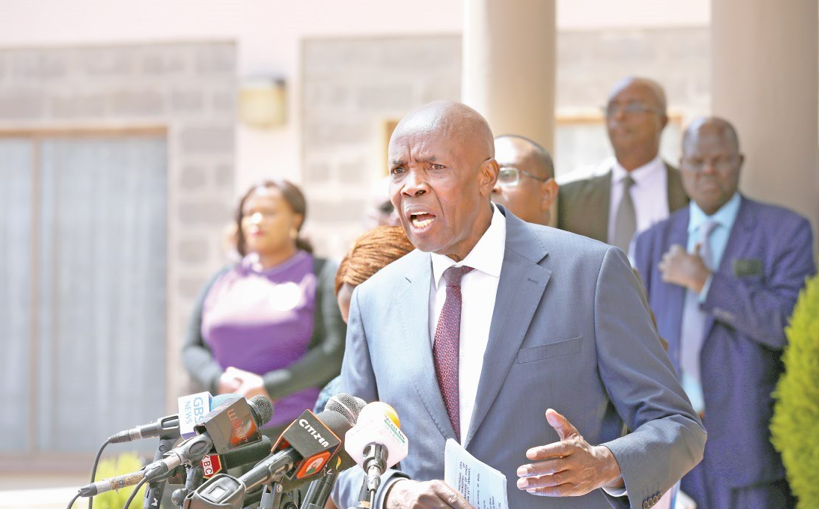
The government has reduced capitation to primary schools by Sh2.1 billion.
Documents tabled before MP shows that in the 2024/25 financial year, the capitation for primary education will be Sh10.34 billion, down from Sh12.5 billion that was allocated in the 2023/2024 financial year.
However, schools will still receive Sh602 million for construction and rehabilitation of infrastructure just like in the 2023/2024 financial year.
Basic Education Principal Secretary Belio Kipsang told MPs who sit in the Education Committee that the money will only cater for learners between Grade One to Six.
He attributed the reduction to the fact that learners who were in Grade Six transited to grade seven mid of the financial year.
He said: “In this financial year we need Sh10.34 billion. This is not a decline but it is because the population of learners has gone down.”
He said: “The capitation funds will cater for Free Primary Education including top-up for learners with special needs and disabilities in public Primary schools in line with article 53 of the constitution on Free and Compulsory basic education.”
Regular learners
Kipsang, who appeared before the committee chaired by Tinderet MP Julias Melly, also raised concerns that the ministry’s activities will be affected following the reduction of the ministry’s budget as outlined in the Budget Policy Statement (BPS).
On Junior Secondary School (JSS), Kipsang regretted that capitation for the said vote had been reduced by Sh20.7 billion.
In the Budget Policy Statement, out of Sh141.96 billion that the ministry has sought to be able to fund various sectors, it requested for Sh46.2 billion to fund JSS.
The JSS budget requirement, Kipsang said, is for regular learners in Grade Seven with 1,119,021, Grade Eight with 1,101,252 pupils and Grade Nine with 1,069, 177.
He explained that capitation to Grade Seven will be computed at 80 per cent since the budget allocation will cater for terms one and two only in 2025.
He said: “The proposed budget allocation in the BPS is Sh25.46 billion against a requirement of Sh46.190 billion.”
Funding for JSS infrastructure has also been affected as the allocation has been reduced by Sh1.6 billion yet the ministry had sought for Sh5 billion.
Kispang said that in the coming financial year they expect to construct 7,500 new classrooms
Funding for Free Day Secondary education has also been reduced by Sh11.3 billion from Sh76.6 billion that the ministry had requested to Sh65.4 billion.
Highest gap
The programme, Kipsang said provides capitation to secondary day school learners at the rate of Sh22,224 per learner
He said: He said: “Enrollment in term 11 is 4,253,155 which will reduce to 3, 244,324 in January, 2025 when the current form fours will exit. The requirement under this program is Sh76.654 billion. However, in the 2024 Budget Policy Statement only Sh65.4 billion was provided. We therefore have a deficit of Sh11.254 billion.”
But despite the slash in capitation, MPs present took issues with how the government is managing JSS.
Mandera South MP Abdi Haro said the issue of capitation to JSS was troubling as not all students are being funded.
He said: “Capitation for JSS has the highest gap. Questions around funding are facing many schools and you need to deal with this.”
Kiambu Woman Representative Ann Muratah said although the government is assuring that adequate funds have been provided, he should take time to visit schools to get to know the real picture of what is happening.
Kibra MP Peter Orero said Grade Nine should be domiciled in secondary schools and not primary schools as they have well trained teachers and better infrastructure.
Kitutu Masaba MP Clive Gisairo said he felt sorry for the first cohort of CBC as the system was not well thought out
The other areas that have been affected, the document shows include school examination invigilation fees allocation that has been reduced by Sh3.2 billion from Sh5 billion requested by the ministry to Sh3.2 billion.
Feeding programme
The said funds were to cater for supervisions and invigilation of examinations for both Kenya Primary School Education Assessment (KPSEA) and Kenya Certificate of Secondary Education (KCSE) assessments.
Top up capitation to the 7,064 Special Needs Education learners in secondary schools at the rate of Sh35,730 has been reduced by Sh52 million from Sh252 million to Sh200 million.
Funding to School feeding programme budget that supports learners in Arid and Semi-Arid Lands (ASALs) and pockets of poverty in specific counties including learners in the informal urban settlements by providing meals in order to encourage retention and curb school drop outs has been reduced by Sh1 billion from Sh5.99 billion to Sh4.99 billion.
Funds meant for secondary school infrastructure improvement to ensure smooth transition to Competency Based Curriculum (CBC) by providing the necessary infrastructure facilities in public secondary schools has been reduced by Sh2.5 billion from Sh4 billion to Sh1.5 billion while funds meant for co-curricular activities including ensuring smooth competition from sub-county level to regional competitions has been reduced by Sh376 million from Sh776 million to Sh400 million.
The budget for quality assurance and standards required to facilitate quality assurance officers in regional, county and sub-county offices to ensure strict adherence to the guidelines in the implementation of curriculum in addition to overseeing the rollout of CBC curriculum in JSS has been reduced by Sh115 million from Sh450 million to Sh335 million.
Said Kipsang: “Although we will be entering into discussions with the National Treasury on the shortfalls we have, we are requesting you to intervene so that we can get adequate funding.
